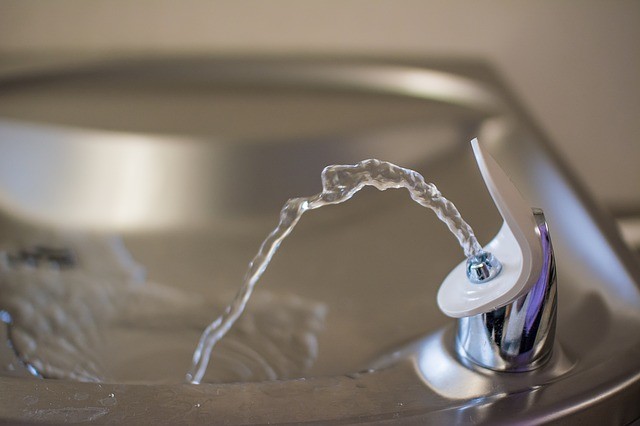Water is the essence of good health and well-being, our true lifeline. Every tissue, cell, and organ in our body requires water in order to work properly. In fact, water accounts for more than half of our weight and without it, we can perish in a matter of days. A key thing to note, however, is that even drinking regularly, but in suboptimal amounts, has a negative impact on our organism. So, it is time to look into your drinking habits and see if there is a need to change your ways.
Body as a water sanctuary
Water has a multitude of critical functions in the body: it carries nutrients to cells, maintains optimal temperature, lubricates the joints, flushes out bacteria, and prevents constipation. The only problem is that we lose water constantly— when we sweat, urinate, and even when we do nothing more than breathe. That means that we have to top up on a regular basis. And if water is not replenished in the body, we become dehydrated.
Dehydration plight
This condition is more than some minor inconvenience. It is linked to a variety of short-term and long-term health problems. The heart area is one of the first to be affected because lack of water in the body causes blood pressure to drop. Moreover, a drop of just 2% of our body water can induce our brain to malfunction and shrink. That is why dehydration is associated with poor concentration, coordination, muscular function, and response times.
What is the sweet spot?
It goes without saying that you need to drink water every day. But, how much is enough? Should you simply drink whenever you feel thirsty? Well, most would agree that 6-8 glasses of water per day do the trick, which is around 1.5 liters. Yet, there are certain factors like age and medical history that come into play and suggest that different people need varying amounts in order to stay hydrated. The older population, for example, does not feel the thirst as much as it did when it was younger.
In the clear
And when you drink it, you want to know you are not taking good with the bad. Namely, it is highly advisable to check your tap water for contaminants. In many countries, water infrastructure is aging and is in dire need of overhauls. To stay on the safe side, though, you can use modern reverse osmosis water filter. This cutting-edge, fully-automated solution is widely used to preserve water quality and remove impurities, including bacteria, arsenic, sulfates, nitrates, pesticides, etc.
Warning signs
When it comes to thirst, it is a very poor indicator. If anything, it occurs when the problem of dehydration is already present. There are some other telltale signs we need to keep an eye on, such as the color of the urine. If it is colorless or light yellow, you are well hydrated. Dark yellow or amber color signal that you are not drinking enough water. Some other red flags are dry mouth, sleepiness, dry tear ducts, dry mouth, fatigue, chronic thirst, headache, dizziness, confusion, etc.
Have it always at hand
Remember that before, during, and after the workout, we need even more water. The same goes for extended periods of time spent in hot weather, as we tend to perspire more then. Therefore, always have a reusable bottle of water with you. It is a default option for hydration throughout the day, although other drinks can help you hydrate as well. Just steer away from those that add excess sugar and extra calories to your diet. Put a slice of lemon or lime if you do not like plain water. Finally, bear in mind that water-rich foods like salads and fruits help achieve proper hydration.
A proactive approach
What and how much you drink play a vital role in your life. Every part of our body relies on water to operate. That is why insufficient water levels can seriously undermine your health and well-being. Thus, do not wait for symptoms of dehydration to take action. Rest assured that prevention is the best cure there is. Establish a drinking schedule in case you do not have a habit. Stay in tune with the signals your body is sending and take on board a plenty of water. Ward off dehydration and with it, a bunch of health issues.


